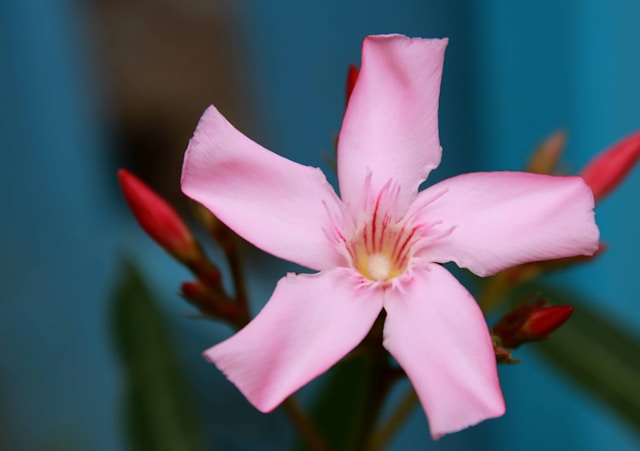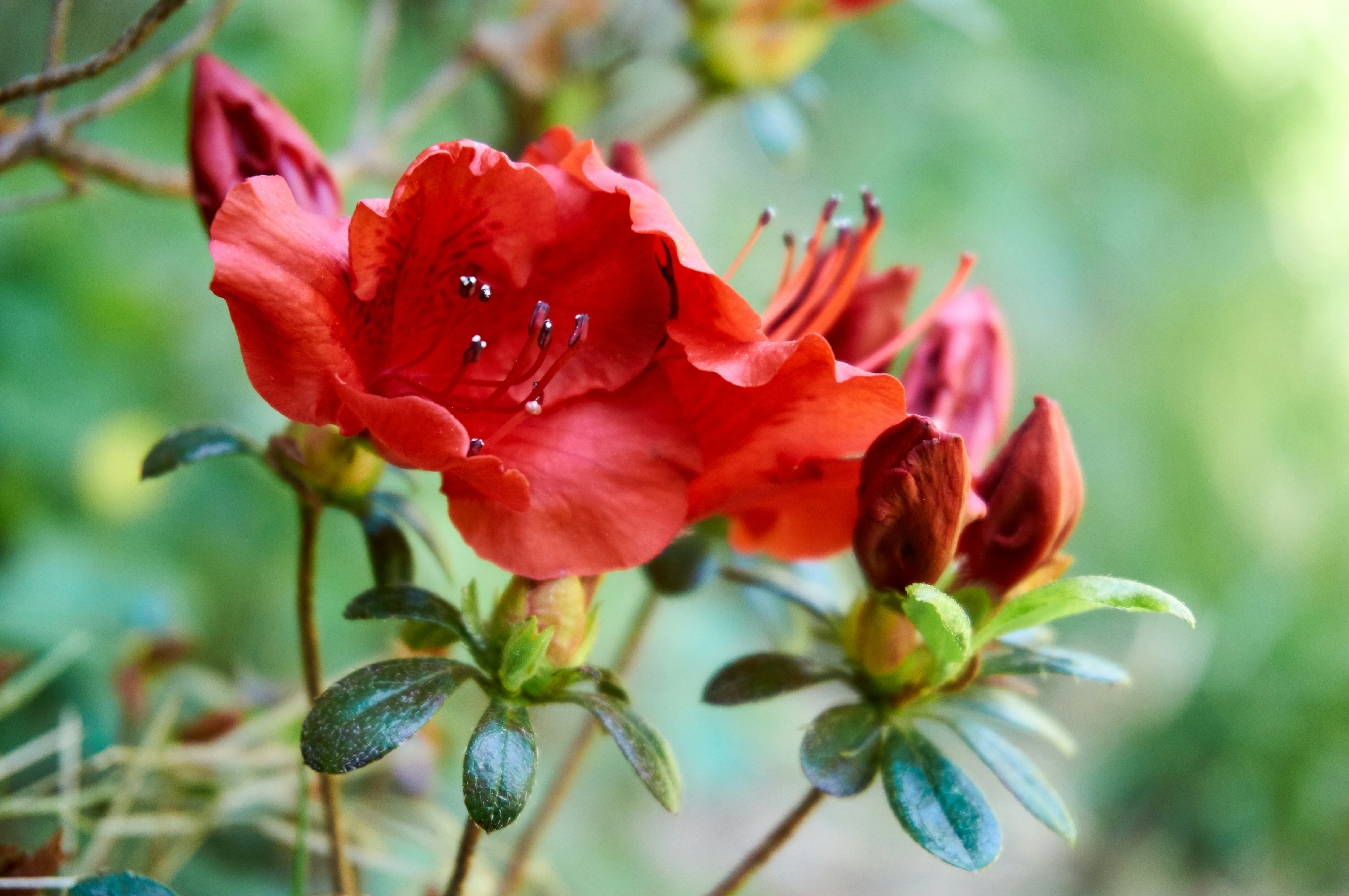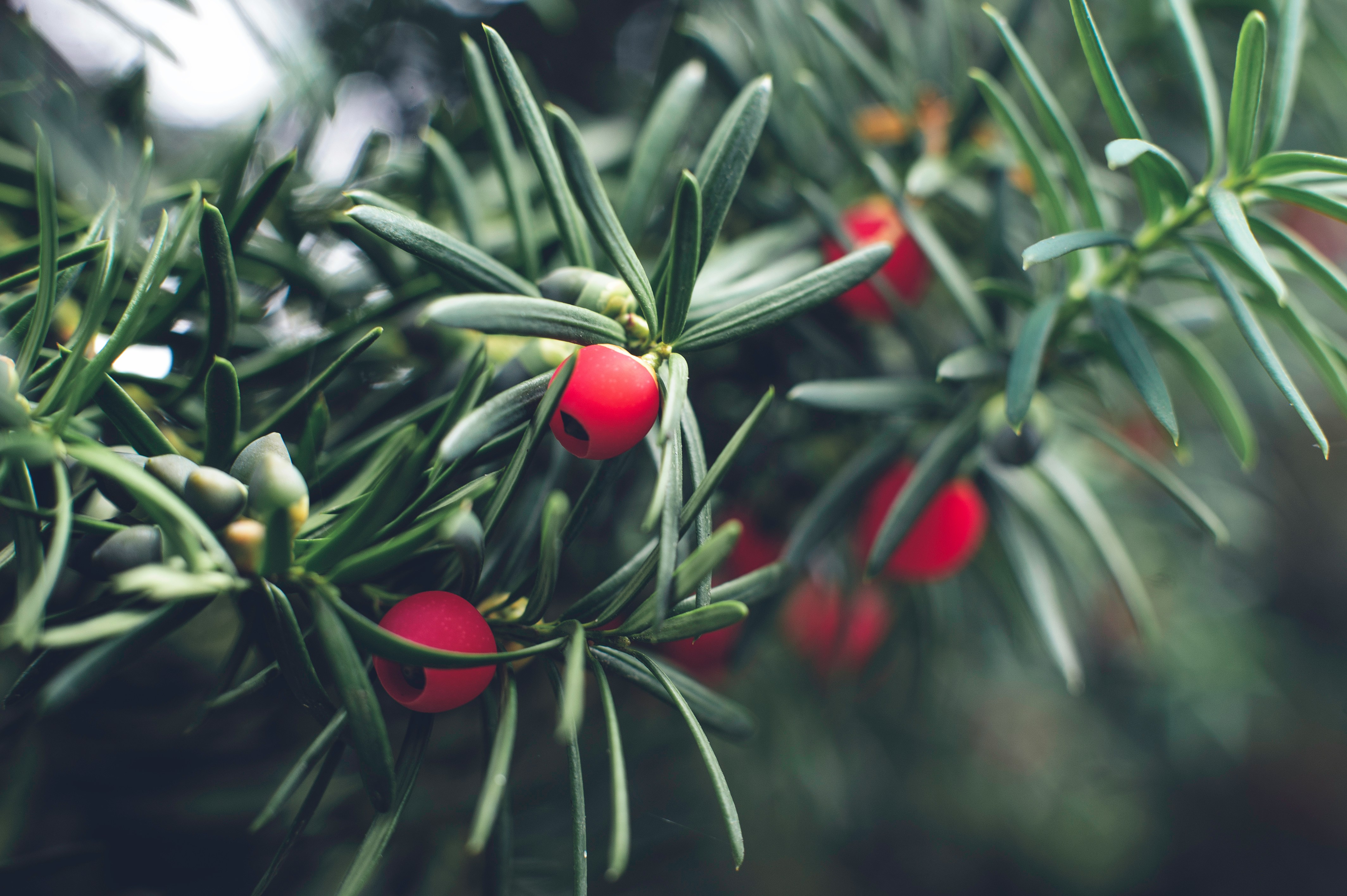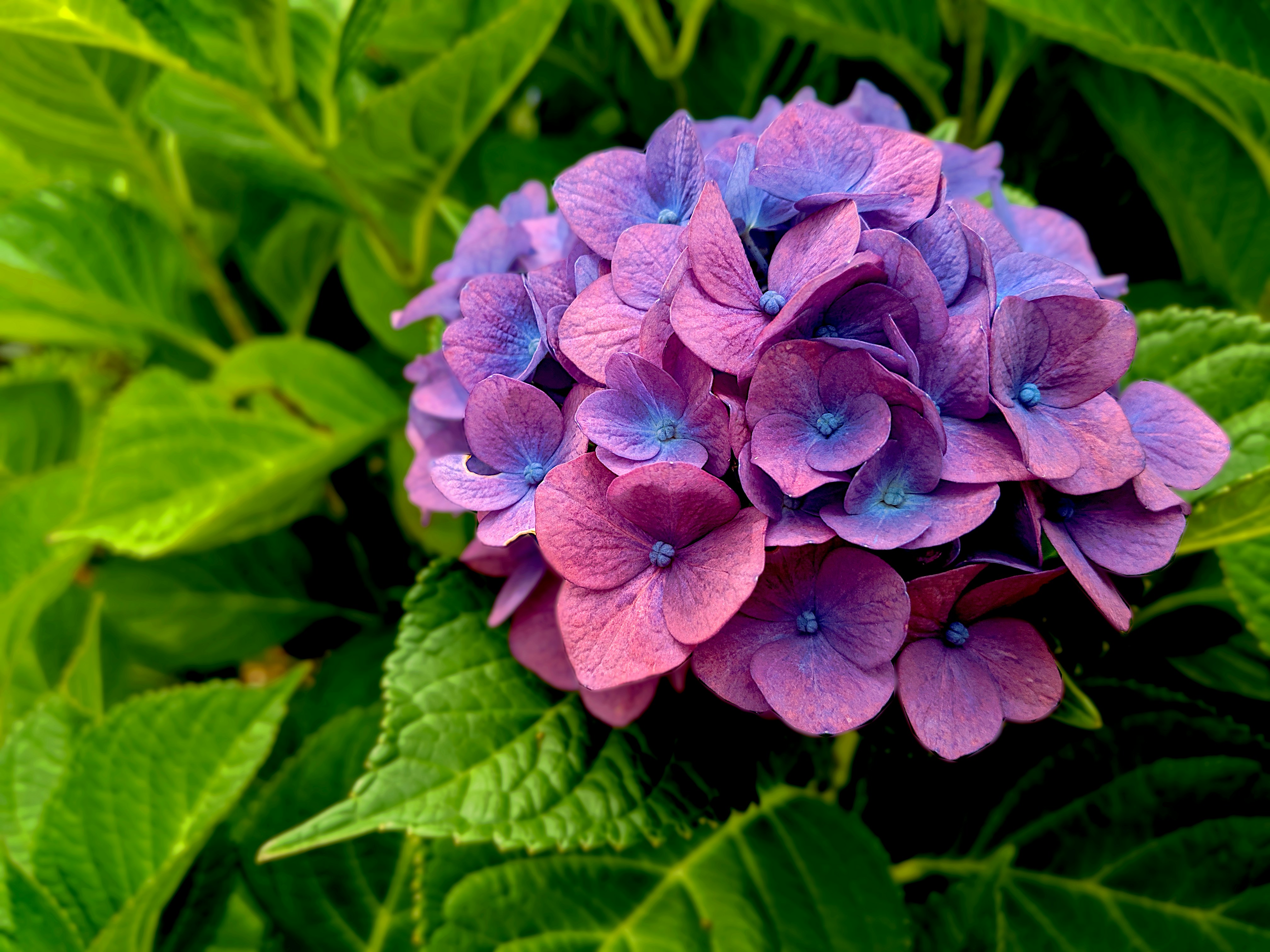
Oleander
Beautiful? Absolutely. Safe? Not even close. Every part of this plant is toxic to humans, pets, and even livestock. Just a small nibble of the leaves or flowers can cause serious heart problems.

Azaleas & Rhododendrons
These popular flowering shrubs look gorgeous in the spring, but they contain toxins that can make pets really sick—vomiting, drooling, even heart issues if enough is eaten.

Yew
Often used as a hedge or foundation shrub, yews have those tempting red berries. But inside the seeds and needles is a toxin that can cause sudden heart failure in both people and animals.

Hydrangea
Hydrangeas aren’t as dangerous as some others, but eating the leaves or flowers can cause stomach pain, sweating, and nausea. Best to admire these from a distance.
How to Stay Safe
Teach kids (and guests) the basics
Don’t eat berries or leaves from plants in the yard.
Gloves are your friend
Wear them when trimming, weeding, or pulling mystery plants.
Know your alternatives
Non-toxic shrubs like lilac, spirea, or forsythia can give you color without the risk.
Remove hazards carefully
If you spot poison ivy or similar plants, use gloves and dispose of them properly—never burn them, since the smoke can carry toxins.
Keep an eye on pets
Dogs especially may chew on leaves if bored.
Final Word
A little plant knowledge goes a long way. You don’t have to rip out every shrub in your yard, but it’s smart to know which ones can cause problems. With the right mix of caution and planning, you can keep your outdoor space both beautiful and safe.